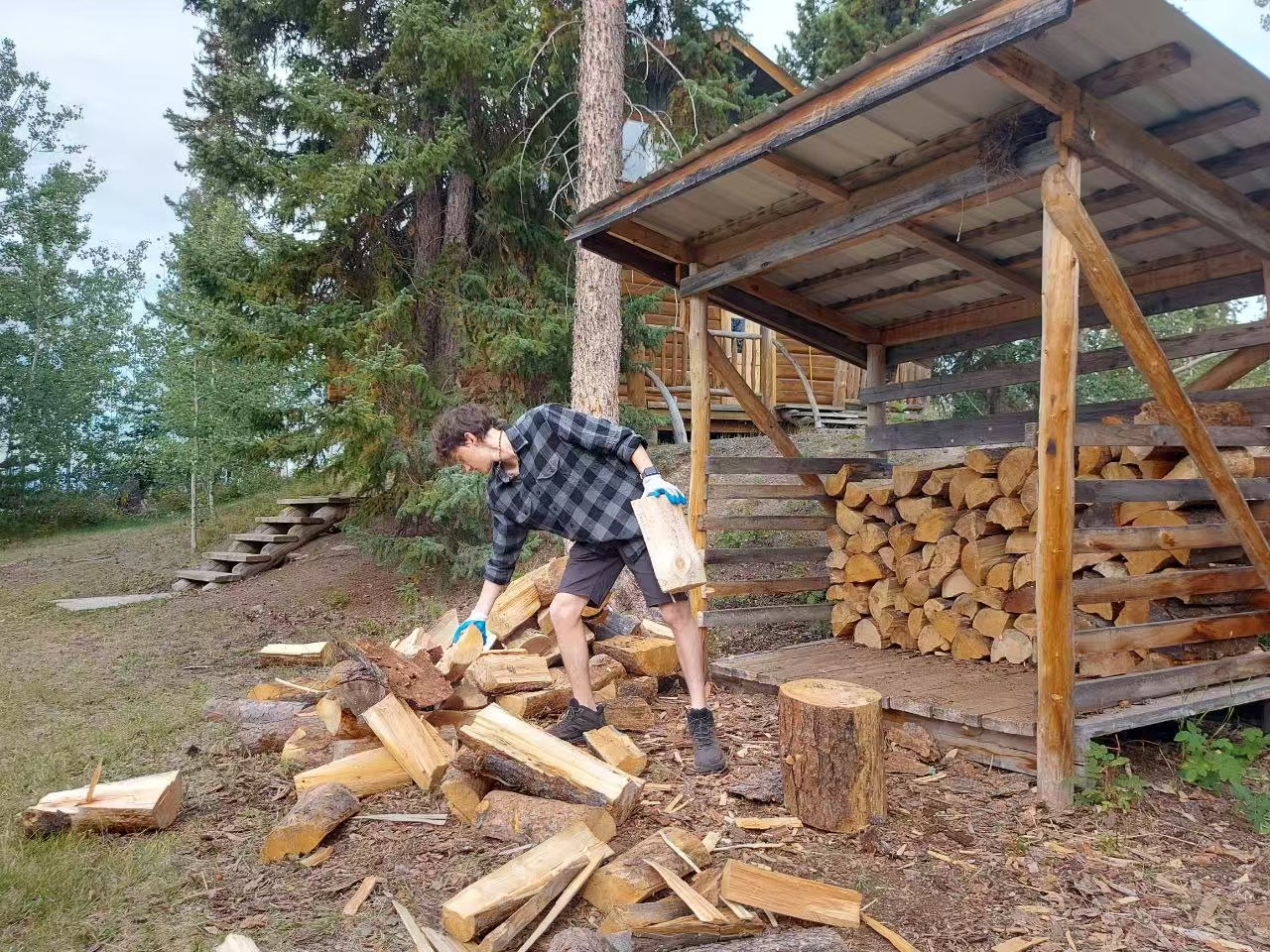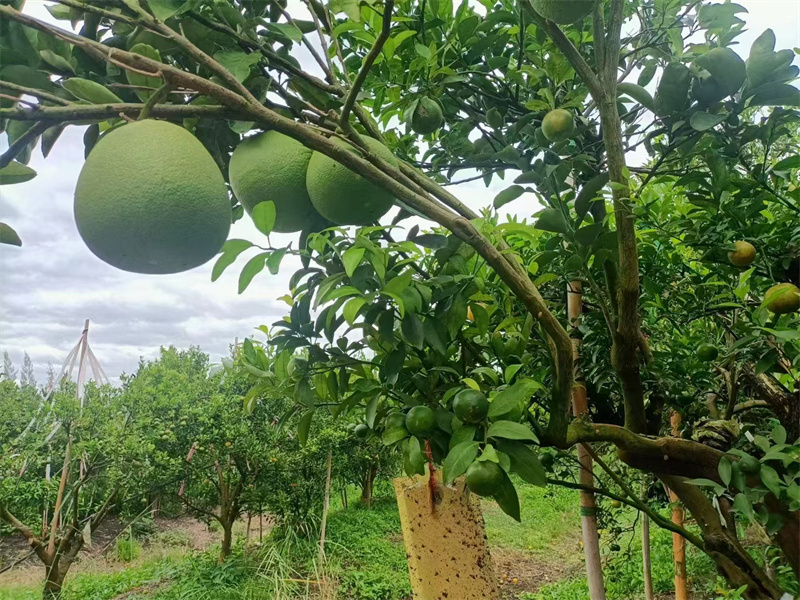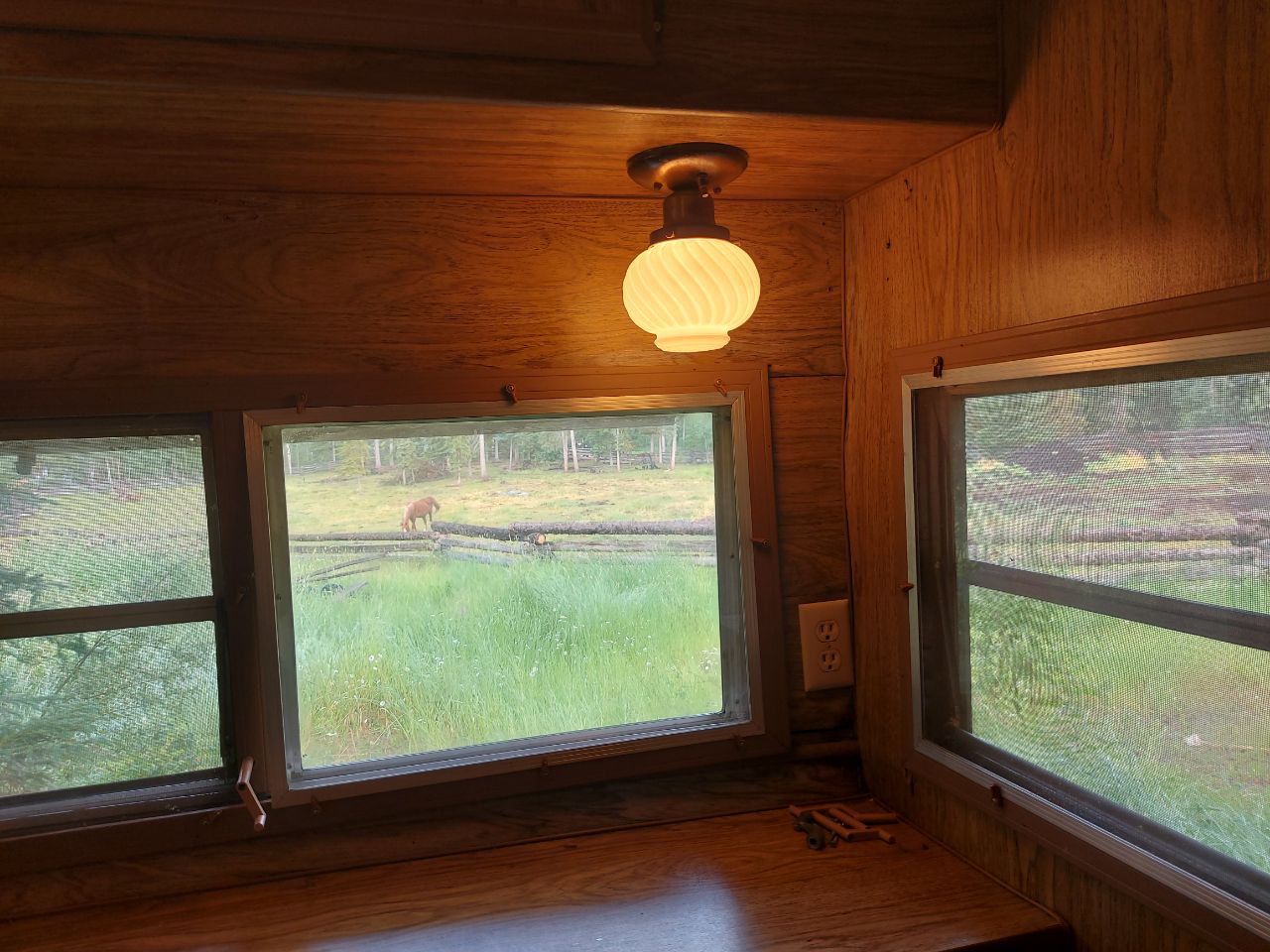|
|

|
New to Permaculture? 7 Steps to Remember
Permaculture is a powerful and practical answer if your goal is to become more sustainable. Embracing permaculture practices in your life is an exciting proposition, but it quickly becomes overwhelming if you don’t avoid common mistakes. Look at this list of 7 steps that help you succeed in your permaculture journey.
1. Start Small
Starting small keep you out of big mistakes. As you learn, and test, and figure things out (Do mulberries grow in my climate? What makes compost work?) you expand, one step at the time. Our times filling with awareness of the value of things that are slow and small. In permaculture, keeping small and slow are critical for keeping you on track.
2. Work with Inner Seasons
In permaculture our goal is to work with nature and not against it. Bring your own nature into focus, too – and work with your own inner seasons, your responses, energy, your inner resources.
Winters might be better suited for improving the green footprint of your dwelling with interior remodel and revisions. It is also an inward time for planning, figuring things out, and for reading (bring out those plant catalogs!). As winter morphs into early spring, we shift into expanding our knowledge, into finding time to acquire new skills, take classes and communicate more. Spring invites active work with living beings, gardening and planting, physical care. Summer is time when attention expands outward, with vacations, times outdoors, things to see – and, ultimately, for many of us, not much is accomplished in the summer (things go into maintenance state, running off the spring’s efforts). Fall helps with gathering our thoughts and efforts, renewal of our commitment; it is time to reap the harvest and to give back to the land.
3. Set realistic goals
Dreams are often bigger than the reality for most of us. But articulating what is it that you see as a final result of your permaculture efforts is very helpful in bringing the two together. Write up a Vision Plan, explore on paper what your farm or homestead, or urban garden becomes 8-10 years from now, or what your life is like. What is your hope when it comes to giving back to community, in terms of time, knowledge, food or joy? How can you support your vision when it comes to time, finances, space, commitment?
Taking a pen to paper brings will into the thinking process. Sketch and write, even if that is foreign activity to you. As with most planning efforts, it is not the plan itself that is valuable, it is the engagement in the process of planning that is critical for success.
4. Go through the Needs and Outcomes Analysis
The Needs and Outcomes Analysis is a bit nerdy, and is an often neglected step in permaculture design efforts. It seems so simple and so obvious, that many of us fall into the assumption of: “I can do this in my head, no reason to be formal about it”. As a result, the needs and the outcomes of our own sustainable living efforts acquire the element of surprise: “The rooster’s crowing is waking up my neighbors!”/ “Nobody wants to milk our new goat every day!” / “My solar system needs annual maintenance!” / “What do I do with all the eggs?” etc etc etc
Avoid costly surprised and dampened enthusiasm by taking time to analyze every proposed step and idea for your sustainable living plan. And if you are not too familiar with the Needs and Outcomes Analysis, read about it here.
5. Have a Phasing Plan
Do you catch yourself on wanting to do it all, and do it now? Gardens and chickens, fruit trees and compost piles, all in one year? Urgency mixed with excitement – that is a recipe for a burnout. Have a phasing plan instead. Pace yourself. Work on one area, one effort at the time.
Phasing keeps you aligned with one very important permaculture principle, “Concentrate the Resources”. When we put our care, time, money, skills and focus towards a well-defined effort or project, it succeeds. When we spread around too thin, the opposite happens. Commit seasons and years to specific projects, one at the time.
6. Build InterDependence (not Independence)
Living a permaculture life does not mean you become an expert in every possible area, nor do you have to learn every skill possible. Permaculture teaches us to create meaningful connections, be it cycling nutrients through your garden (such as a garden produce to kitchen/ kitchen waste to compost pile/ finished compost back to the garden) or cycling resources through your community. Trading, swapping, buying local are just a few directions to explore when it comes to building your personal interdependence. Trade your computer skills for childcare, swap apples for oranges, join a CSA Farm.
7. You don’t have to be a farmer
Identify your existing skills that are positively contributing to the world. The global green village needs many talents and, with few possible exceptions, all livelihoods can positively contribute to healing of the world and its communities. Commit to “No Business As Usual” model at your work place by engaging into figuring out models for resource conservation, recycling, reduction of waste. Social justice, empowerment, democracy are needed in all workplaces, so be the voice and advocate of change just where you are.
If you are a talented professional, your contribution to sustainability is in your work. One of our friends is a pediatrician, working with children that have sensory integration issues. She shared her business model: to give back to community she has set one full day a week for free consultations over the phone. Anyone, anywhere, can call her and get valuable advice. Knowledge is a resource and sharing that resource to the benefit of your community is just as valuable as growing carrots.
Source: https://permaculture.org/new-to-permaculture/
|
|
 Haha, I’ve got a helper now!
Xuefeng
September 8, 2024
(Translation edited by Q
Haha, I’ve got a helper now!
Xuefeng
September 8, 2024
(Translation edited by Q
 Haha, I felt young again!XuefengYesterday morning, after breakfast, I started ch
Haha, I felt young again!XuefengYesterday morning, after breakfast, I started ch
 Papaver rhoeas: The Designated Flower of Lifechanyuan
by Xuefeng
August 20, 2024
Papaver rhoeas: The Designated Flower of Lifechanyuan
by Xuefeng
August 20, 2024
 Joyful Games and Warm Welcome for Gabi at Lifechanyuan's Thai Home
Qianzi Celest
Joyful Games and Warm Welcome for Gabi at Lifechanyuan's Thai Home
Qianzi Celest
 Chilean Girl Gabi Experiences the Life of Lifechanyuan Thailand Second Home Comm
Chilean Girl Gabi Experiences the Life of Lifechanyuan Thailand Second Home Comm
 Another Clean and Tidy Joy House
In the tourist resort Holy Land Home, the guide
Another Clean and Tidy Joy House
In the tourist resort Holy Land Home, the guide
 Post time 2017-10-05 11:38:12
|
4011views0replies
Show the author posts only
|View large image
Post time 2017-10-05 11:38:12
|
4011views0replies
Show the author posts only
|View large image
 |Descending
|Read mode
|Descending
|Read mode





 Favorites
Favorites Relay
Relay Shares
Shares Collection
Collection